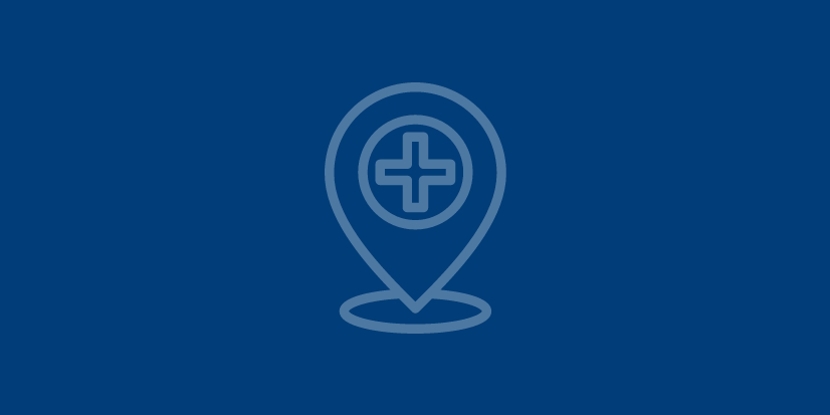Heart Failure
Heart failure, also known as congestive heart failure (CHF), is a chronic condition where the heart is unable to pump blood effectively to meet the body's needs. This can happen when the heart muscle becomes too weak or stiff, leading to inadequate blood flow and oxygen delivery to the body's organs and tissues.
Heart failure is a serious condition, but with proper management and care, many people can lead active and fulfilling lives.
Click here to learn more about Heart Failure.
Please call (509) 433-3850 to schedule or cancel appointments with your Cardiology team.

